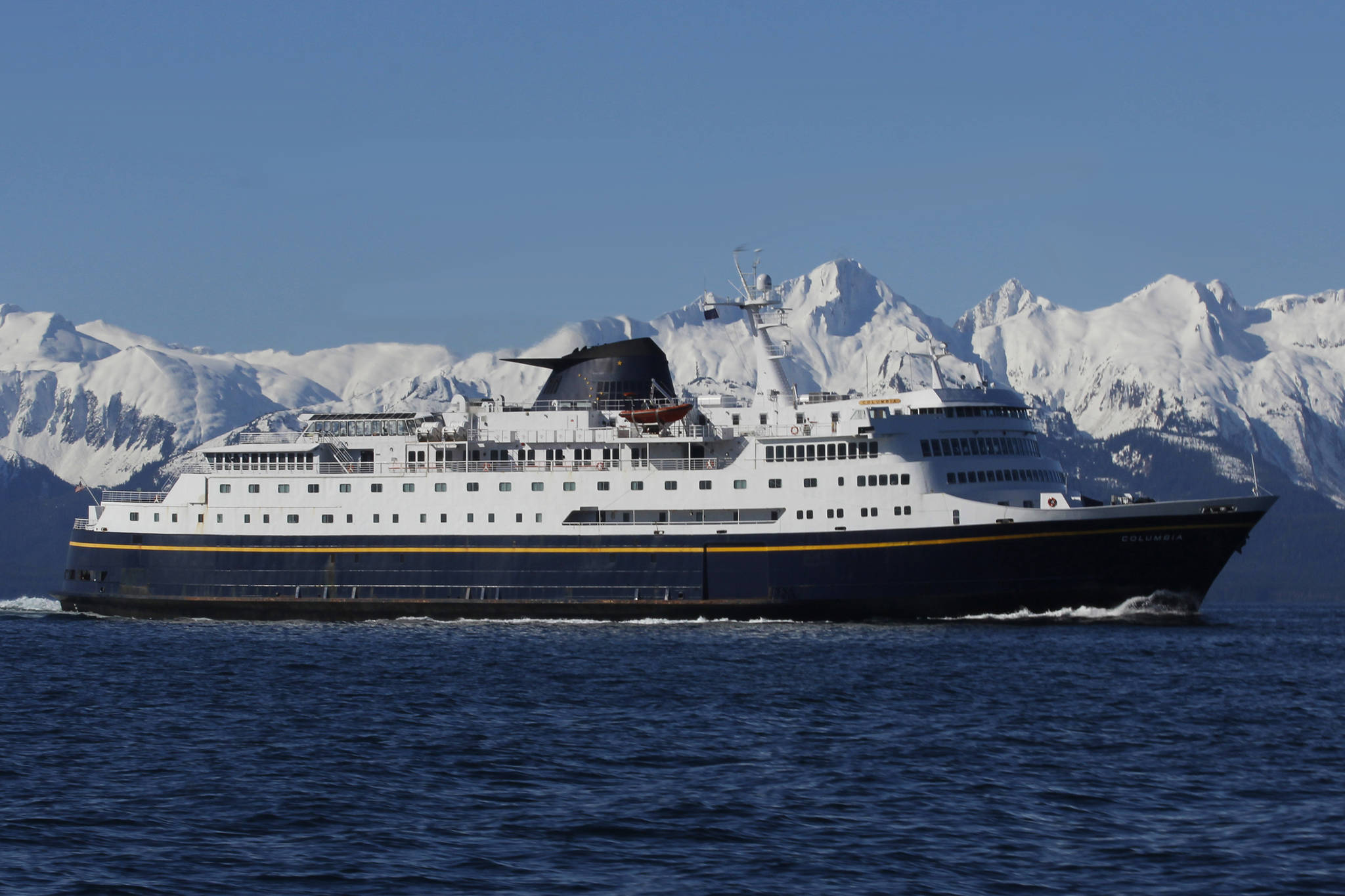Last week, Gov. Mike Dunleavy signed a budget for the Alaska Marine Highway System that represents a significant increase over last year’s enacted budget. At $108 million, this appropriation provides for 23 weeks of additional service over the governor’s original budget request.
The budget also includes funds to complete necessary steel repairs on Aurora’s 45-year-old hull. This five-month project will provide important Alaskan jobs in these tough economic times. Together with her sister-ship the LeConte, they will return service to the northern panhandle and Prince William Sound.
Alaskans deserve a marine highway that is reliable, predictable and operated in a judicious and fiscally responsible manner. With the potential for 287 weeks of service from the fleet, next year’s budget will go a long way toward that goal. We all look forward to this restoration of service.
Last year was tough on all who rely on AMHS to move people and goods around parts of coastal Alaska. A surprise strike by one of three unions who provide ferry staffing disrupted service and cost $3 million in lost fares during our busiest season. Over the winter, breakdowns and extensive unplanned repairs once again tested our resolve.
It’s important to remember, that even with our new Alaska-class ferries, our fleet averages 35 years old. Many are much older, including the Matanuska who is rapidly approaching her 60th birthday. The increasing cost of keeping the older ships running takes a toll on our budget. Matanuska’s original cost in 1963 was $4.5 million; we recently spent $47 million to refurbish her and rebuild her engines.
As we work through these challenges to improve day-to-day operations, we’re working hard on a long-term vision to reshape the ferry system. Even before last year’s troubles, it was abundantly clear that systemic change was needed. Ridership has declined by over 30% since the late 1990s and ticket sales only cover an average 40% of operating costs, and much less for certain routes.
We began that change by assembling all known data and examining 11 different operating alternatives. The AMHS Reshaping Work Group, representing diverse perspectives from across Alaska, is now taking a holistic look at the entire system.
Rather than focusing on the year-to-year funding levels, the work group is considering big-picture questions that have not been adequately addressed in recent years. What level of service do our communities expect? What ideas can we bring to the table to meet these needs in the context of our fiscal reality?
Innovation will be required. Perhaps less frequent, but more consistent schedules could serve routes that often see less than a dozen passengers. In some communities, there may be other transportation options. Everything is on the table and nothing is pre-judged.
Whatever the outcome, carefully considered and region-specific solutions will ultimately lead to a more sustainable and affordable level of service for all Alaskans. Each work group meeting is open to the public and opportunities for public input are a priority. Additionally, the AMHS website is full of transparent repair estimates and financial reports for citizens seeking to participate.
The work of the reshaping group will conclude this October, and I know I speak for all Alaskans when I say we eagerly await their recommendations. Together, with the governor and the legislature, we will work to integrate their efforts into a cohesive strategy that has been sorely lacking for years.
In the meantime, the Matanuska, Columbia, Kennicott, Tustumena and LeConte are all preparing to cast their lines in the coming months as COVID-19 travel restrictions lift. Thanks to this year’s budget, service gaps will be filled up and down our 3,500 miles of marine highway.
Between the turmoil of the past year and the challenges and uncertainty created by the global pandemic, the AMHS staff and ferry crews, along with shipyard contractors, are working hard to get the fleet up and running. I’m proud of these efforts and can confidently assure Alaskans that both the governor and I are committed to the Marine Highway’s success.
• John MacKinnon is the commissioner of the Department of Transportation and Public Facilities. He was previously the executive director of the Associated General Contractors of Alaska

